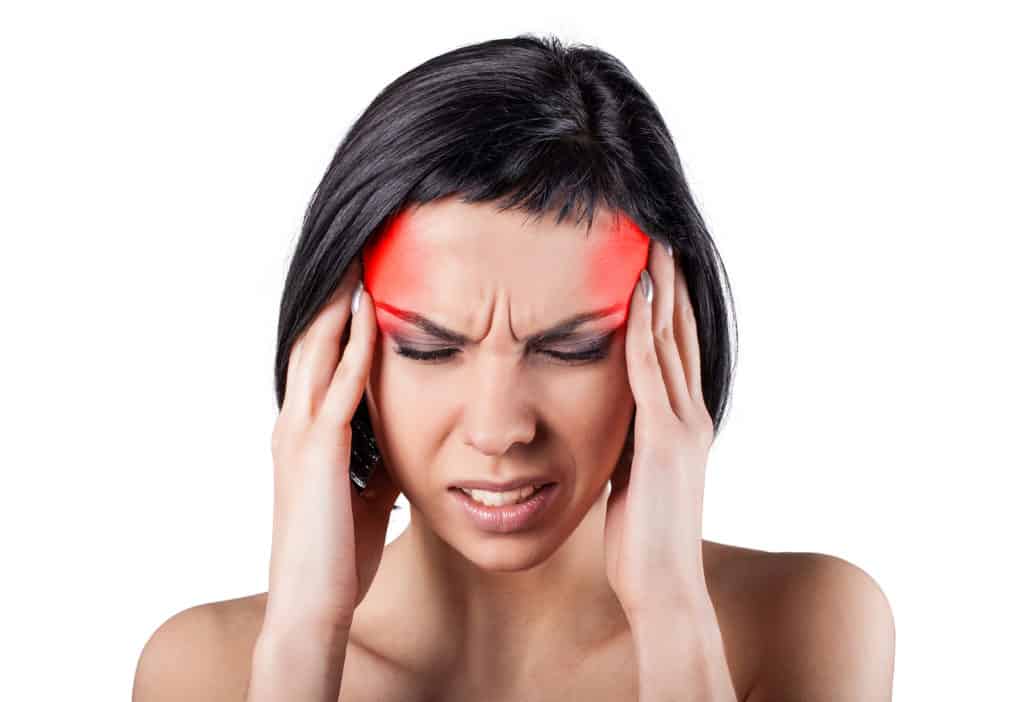At best, headaches are uncomfortable interruptions to the day. At worst, they can be symptomatic of life-threatening conditions. Read on to learn more about the types of headaches, what causes them, how to treat them, and some home remedies.

1. Not All Headaches Are Created Equal
There are actually over 150 different types of headaches, and many of them have different causes and different treatments. They can last from a few minutes to days. You need to be somewhat familiar with the kinds of headaches that affect you so that you know how to treat them and can discuss them with your doctor.
You may think that the easy answer to a headache is to take some Tylenol, Ibuprofen, or other painkillers. But doing so can actually make the headache worse, depending on which kind it is.
